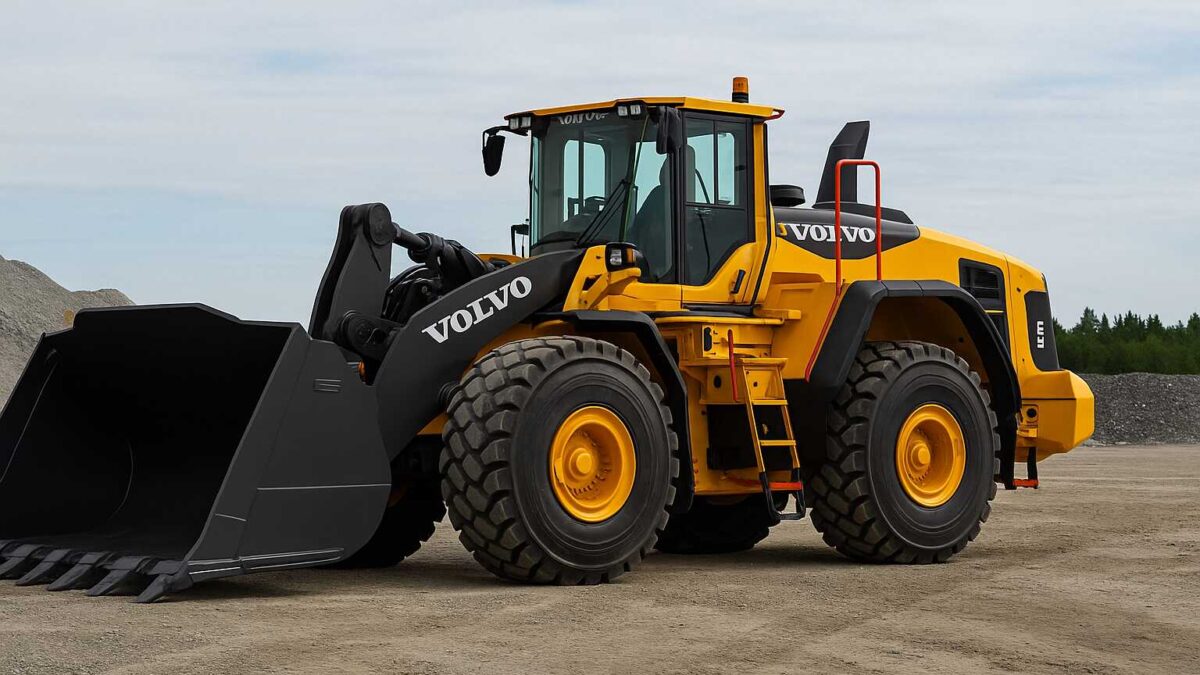
Top 10 Challenges Faced by Authorized Bus Dealers in Today’s Market
Authorized bus dealers face various challenges in today’s competitive market. They must deal with changing customer demands, technology updates, and economic pressures. These challenges can make it tough to maintain growth and satisfy customers.
High Competition
- Many bus dealers are in the market, making it harder to stand out.
- Competing dealers offer similar products and services.
- To succeed, dealers need to find ways to be different.
- Good customer service is key to attracting loyal customers.
- Offering special promotions or discounts can help.
- Tata Motors Authorized Dealers in Faridabad must stay updated with new bus models and features.
- They also need to build strong relationships with clients.
- Advertising and branding are important for visibility.
- The more dealers compete, the harder it is to maintain market share.
Economic Uncertainty
- Changes in the economy can affect customer buying power.
- In bad economic times, people may delay or cancel purchases.
- Dealers may face lower demand for buses during a recession.
- Rising costs for raw materials and production can increase prices.
- Customers may struggle to afford higher prices.
- Dealers need to adjust their prices to stay competitive.
- Economic uncertainty makes it hard to predict sales.
- Dealers must be flexible and ready to change their strategies.
- They might offer financing plans to help customers afford buses.
Rising Operational Costs
- Costs like fuel, labor, and maintenance are increasing.
- Dealers have to pay more to run their businesses.
- Fuel prices affect transportation and delivery costs.
- Labor costs rise as workers demand higher wages.
- Maintaining buses and equipment becomes more expensive.
- Dealers might need to spend more on repairs and parts.
- These higher costs can reduce profits.
- To stay profitable, dealers may raise prices for customers.
- However, high prices could reduce demand.
- Dealers must find ways to cut costs without hurting service quality.
Technology Integration
- Technology in buses is changing quickly.
- Electric buses and smart features are becoming popular.
- They must invest in new technology to stay competitive.
- Updating to new models can be expensive.
- Training staff to understand new technology is important.
- Customers expect modern, tech-savvy buses.
- They need to keep up with electric vehicle trends.
- Adding new technology may require more resources.
- Failure to upgrade can lead to losing customers.
- Some dealers may struggle with the high cost of tech upgrades.
Changing Customer Expectations
- Customers now want more features in buses.
- They expect better comfort, safety, and technology.
- Eco-friendly options, like electric buses, are in demand.
- Customers look for buses that are fuel-efficient and low maintenance.
- Price is a big factor; people want good value for their money.
- They expect quick and easy customer service.
- They must offer flexible payment plans to meet financial needs.
- Customers want transparency and honesty from dealers.
Regulatory Challenges
- Laws and rules for buses change often.
- They must keep up with new regulations.
- There are rules about safety, emissions, and design.
- They must make sure buses meet these rules.
- New laws can increase costs for dealers.
- They may need to make changes to their inventory.
- Non-compliance can lead to fines or legal issues.
- Keeping up with rules requires time and resources.
- They need to stay informed about local and national laws.
Inventory Management
- They must manage a lot of bus models and parts.
- Poor inventory management can lead to stock shortages.
- Running out of popular models can lose customers.
- Too much stock can increase storage costs.
- They need to predict demand accurately.
- They must ensure parts and buses are available when needed.
- Managing spare parts for repairs is also important.
- Efficient systems help track inventory and reduce waste.
- Poor inventory control can lead to delays in deliveries.
Limited Financing Options
- Customers often need financing to buy buses.
- Many dealers struggle to offer flexible financing plans.
- Banks or lenders may not always approve loans.
- High-interest rates can make loans expensive for customers.
- They need to find ways to offer affordable payment options.
- Limited financing can delay or stop sales.
- Offering in-house financing might help close sales faster.
- They must check customers’ credit to approve loans.
- They also need to ensure payments are easy and flexible.
Supply Chain Disruptions
- Global supply chains can face delays.
- They may not get buses or parts on time.
- These delays can upset customers waiting for their buses.
- Supply chain problems can increase costs for dealers.
- Shipping delays can lead to higher transportation expenses.
- They may struggle to keep their inventory stocked.
- Limited parts can slow down bus repairs and maintenance.
- Natural disasters, strikes, or trade issues can disrupt supplies.
- They need to find backup suppliers to reduce risk.
After-Sales Service
- Good after-sales service keeps customers happy.
- They must offer fast and reliable repairs.
- They should provide easy access to spare parts.
- Customers expect help with any problems after buying a bus.
- Poor service can lead to customer complaints and bad reviews.
- They need skilled workers to fix issues quickly.
- Offering maintenance packages can increase customer satisfaction.
- After-sales service helps build long-term relationships with clients.
- Tata Motors Showroom near Me must ensure their service is available when needed.



